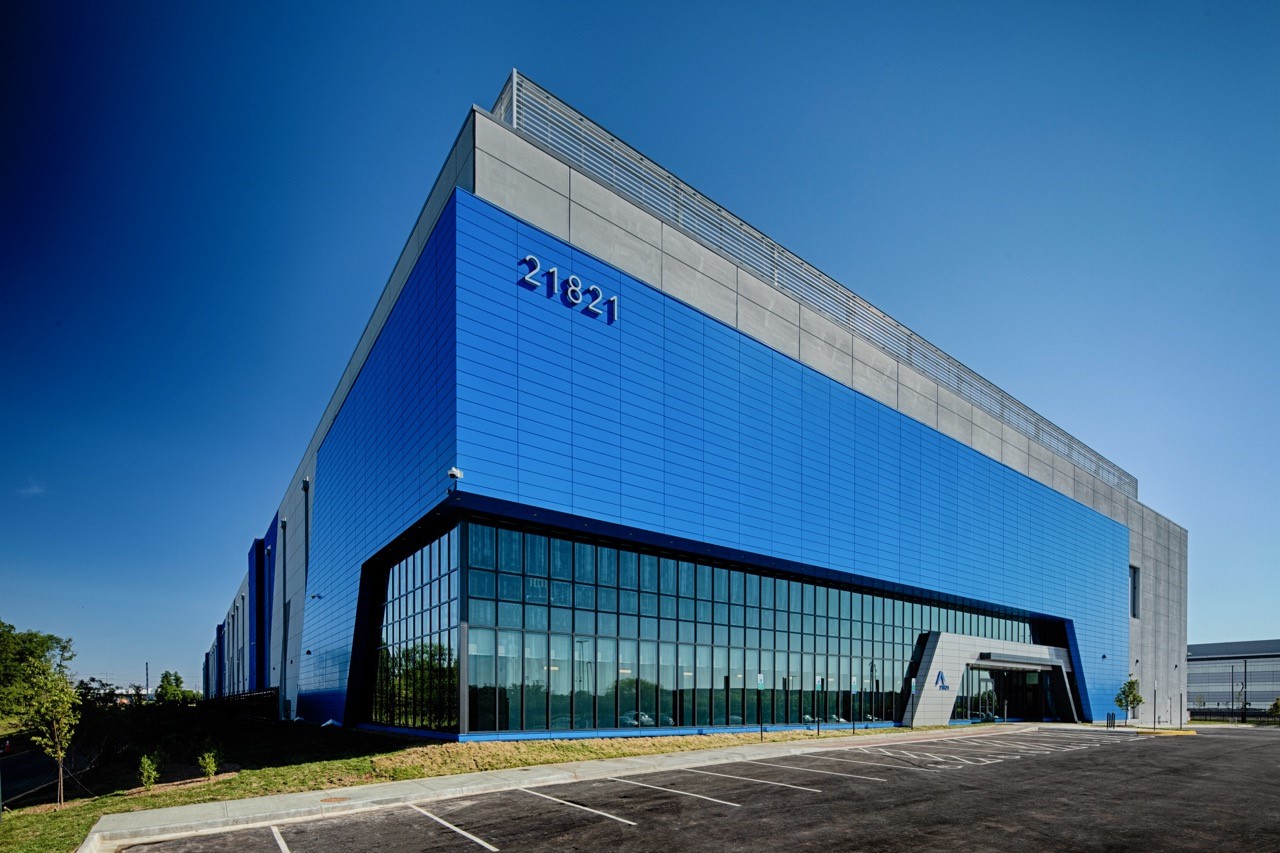India union Budget 2025-26
-
The Union Budget 2025-26 outlines a significant push towards nuclear energy as part of India's long-term energy transition strategy. The government has set an ambitious target of 100 GW nuclear power capacity by 2047, positioning nuclear energy as a major pillar in India's energy mix. The government has introduced the Nuclear Energy Mission for Viksit Bharat. This initiative aims to enhance domestic nuclear capabilities, promote private sector participation, and accelerate the deployment of advanced nuclear technologies such as Small Modular Reactors (SMRs).
-
The budgetary support for nuclear fuel complex under union budget 2025-26 is INR 3243.25 crores. This is 13.2% more than that announced in the budget of 2024-25. Revised allocation for 2024-25 are also higher than the budget announced during that period which is indicative of increased government focus on developing nuclear energy in the country and help diversify country’s energy mix which is crucial for transition towards sustainable energy.
-
A heavy water production facility is used in the nuclear industry to create heavy water (D2O), which serves as a moderator and coolant in nuclear reactors, primarily in Pressurized Heavy Water Reactors (PHWRs), allowing them to operate efficiently using natural uranium fuel by slowing down neutrons effectively while absorbing minimal neutrons itself. There is slight increase in the gross budgetary allocation for heavy water production facility for 2025-26 i.e. INR 1733.07 crores. This is 16.6% more than that announced in the budget of 2024-25. Revised allocation for 2024-25 are also higher than the budget announced during that period.
-
A key highlight of the Union Budget 2025-26 is the launch of a Nuclear Energy Mission, which is focused on research and development (R&D) of Small Modular Reactors (SMRs). The government has allocated ₹20,000 crore for this initiative, aiming to develop at least five indigenously designed and operational SMRs by 2033. The R&D funds for all the research centres has remained constant over the years reflecting constant efforts for innovation in the nuclear energy sector. The budgetary allocation for fuel recycle projects has seen decline over the past two years and has declined by 38% from FY 2024-25 to FY 2025-26.




